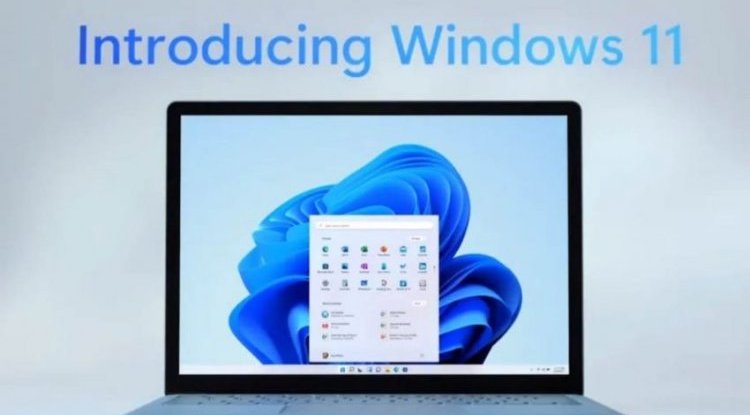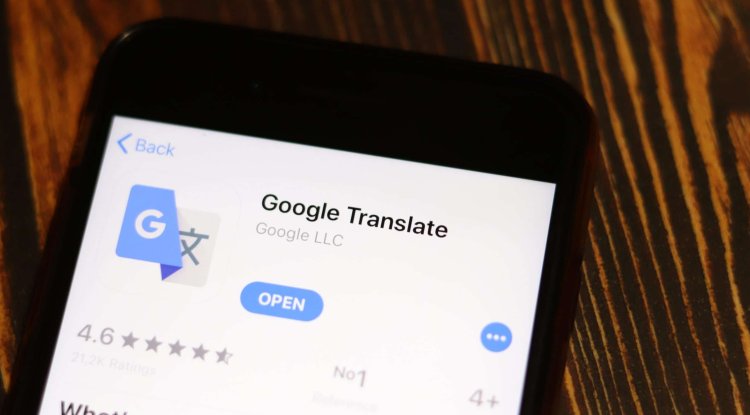Meta will try harder to show us the metaverse

The months since Meta (formerly Facebook) revealed its most ambitious initiative to date, the metaverse, have passed slowly.
As the corporation has made an effort to inform us, there is a proposal to build a virtual reality infrastructure never seen before, with the interconnection of all kinds of services, digital assets that may be used throughout the platform, and so on. A project is so large that the group has decided to change its name and primary goal.
However, despite the pomp and ceremony with which Meta has sold us, from day one, its metaverse, the truth is that expectations in Menlo Park have not been or are not up to what it would like, not to mention that Tech companies like Intel have pointed to the tech shortcomings.
While others, like Apple, have already stated that they have no intention of joining the party. A fairly decaffeinated start, to which we must add the current low level of virtual reality implementation. The prospects are not promising.
However, and as is fully understandable, Meta does not abandon its future plans, and is going to take several steps in a direction that, personally, appears to me to be the most intelligent if it intends to attract users to its metaverse, and that is that now part of its plans is to make it easier for users, particularly those who may feel a certain curiosity, to try for themselves what Meta's virtual environment has to offer.
To that end, on the one hand, Meta will launch a store dedicated to the Metaverse in Burlingame, California on May 9 (very close to the company's virtual reality facilities). Visitors will be able to test out Zuckerberg's plan in an area specifically intended for this purpose. It sells the company's physical equipment, but it's evident that its main purpose is to provide a testing environment.
Meta and the more than prestigious Smithsonian, more specifically the Smithsonian Arts and Industries Building (AIB), have reached a collaboration agreement in which the company will be the technological partner for the start-up of a virtual reality exhibition in which attendees will be able to participate in a recreation of a lunar walk. From May 4 to June 6, the activity will be operational.
With these two initiatives, Meta earns points for bringing virtual reality and the metaverse closer to its potential customers, probably in order to enhance the interest on which its future plans rely. Of course, the point here is that both experiences are good for their consumers and that they are simply the beginning of a much larger strategy.




























